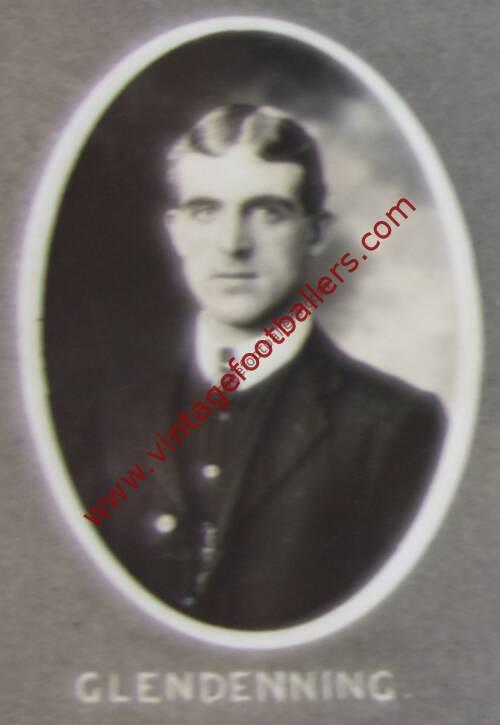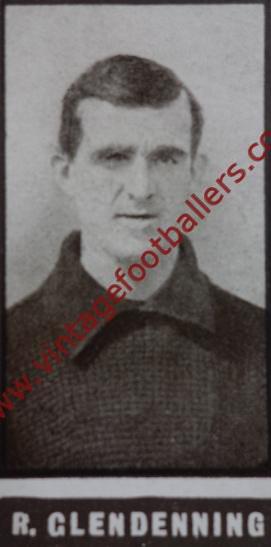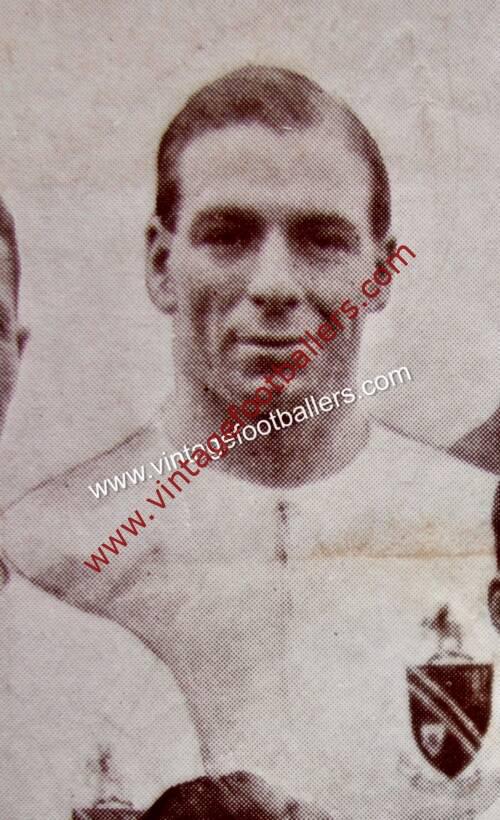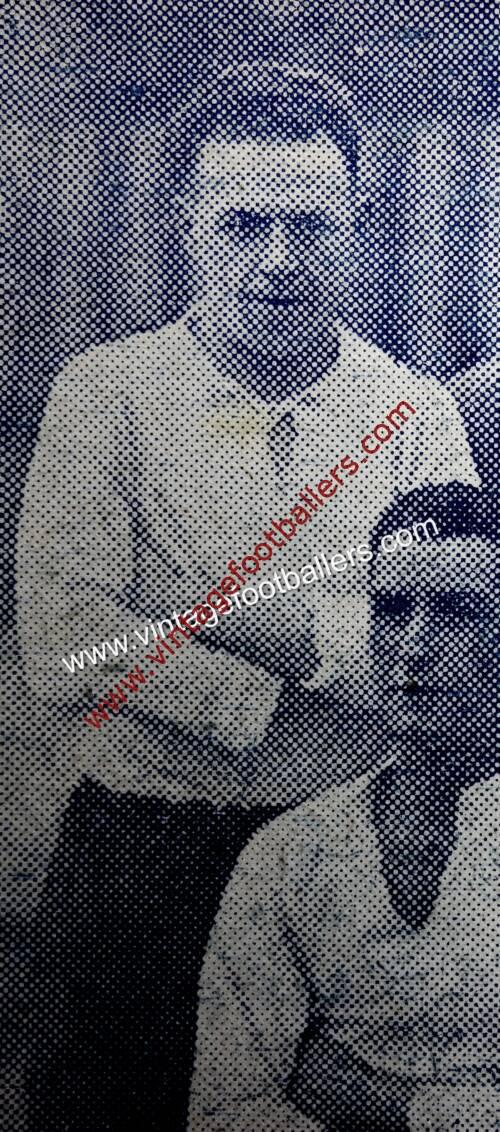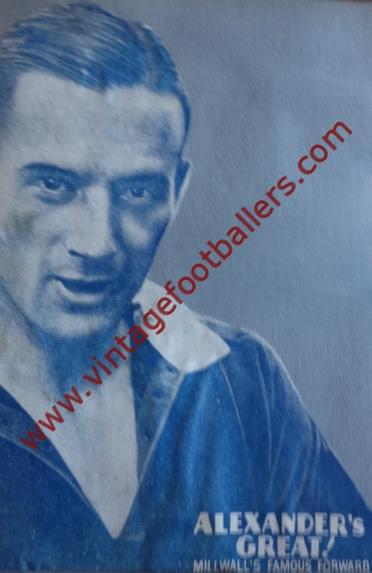Please choose your photo size from the drop down menu below.
If you wish your photo to be framed please select Yes.
Note: 16″x 20″not available in a frame.
Images can also be added to accessories. To order please follow these links
£8.95 – £49.95
Please choose your photo size from the drop down menu below.
If you wish your photo to be framed please select Yes.
Note: 16″x 20″not available in a frame.
Images can also be added to accessories. To order please follow these links
Washington, County Durham born right half Bob Glendenning began his football career playing for junior club Washington United in 1907, before joining Second Division Barnsley in 1908, making his Football League debut at Grimsby Town that November. He soon established himself as a first team regular, and in his second season at Oakwell he played in 9 FA Cup ties as Barnsley went all the way to the 1910 FA Cup Final, where after a 1-1 draw in the Final at The Crystal Palace, they were beaten 2-0 by Newcastle United in the replay at Goodison Park.
Two years later he scored his only career goal in a 1-0 win over Glossop in April 1912. In the same season he played in 12 FA Cup ties as Barnsley won the FA Cup, the only major trophy in the club’s history. The semi final went to a replay but Barnsley won 1-0 against Southern League Swindon Town at Meadow Lane, Nottingham. In the Final, after a draw in the first match at The Crystal Palace, they defeated West Bromwich Albion with a goal deep into extra time at Bramall Lane, Sheffield. The Manchester Guardian praised his play in the first match, and in the replay Glendenning won the ball from a West Brom player and passed it to Harry Tufnell to score in the last minutes of extra time.
After 171 appearances for The Tykes he was sold to Bolton Wanderers in March 1913, for whom he played a total of 83 games as club captain. Bolton reached the FA Cup semi final in 1915, in which they were defeated 2-1 by eventual winners Sheffield United at Ewood Park, The Blades being captained by ex Barnsley team mate George Utley. In 1916-17, Glendinning appeared as a wartime guest player with Burnley, and during the First World War he served in the Armed Forces. After the war he played for Accrington Stanley but had retired by the time they joined the Football League in 1921.
After the end of his playing career he took up coaching and moved to The Netherlands. He had a short spell, only one game, a 4-1 victory over Switzerland, as coach of the national side in 1923. He then coached Koninklijke HFC until 1928. He was made the permanent coach of The Netherlands in 1925, holding both coaching positions until the 1928 Summer Olympics when he chose to focus on the national team. He remained the manager of the Oranje until 1940, leading them to the World Cup Finals in 1934 and 1938. The tournaments would be disappointments, exiting in the first round on both occasions, to Switzerland by a score of 3-2 in 1934, and then to Czechoslovakia by 3-0 in 1938. Glendenning managed The Oranje in 87 games, with 36 wins, 36 losses and 15 draws.
Up until October 2017, he remained the Dutch national coach with the most victories. By comparison, Rinus Michels, the only Dutch coach to win a major trophy, Euro 1988, had 30 victories from 53 games, over an 18-year (1974 to 1992) on again off again association with the national team. Marco van Basten had 35 wins from 48 games before being knocked out at the quarter final stage of Euro 2008. However, as of his 3rd spell in charge, Dick Advocaat has now managed 37 victories from 62 games.
Glendenning’s last game as a manager was the 4-2 victory over Belgium played on 21st April 1940; the game was also Abe Lenstra’s second international cap. Three weeks later the Dutch national side were in Luxembourg to play their next international match, but the game was never played because of the German invasion of the Netherlands. He died on 19th November of that same year. He is buried in Bolton where The KNVB has maintained and replaced his headstone.
| Weight | N/A |
|---|
